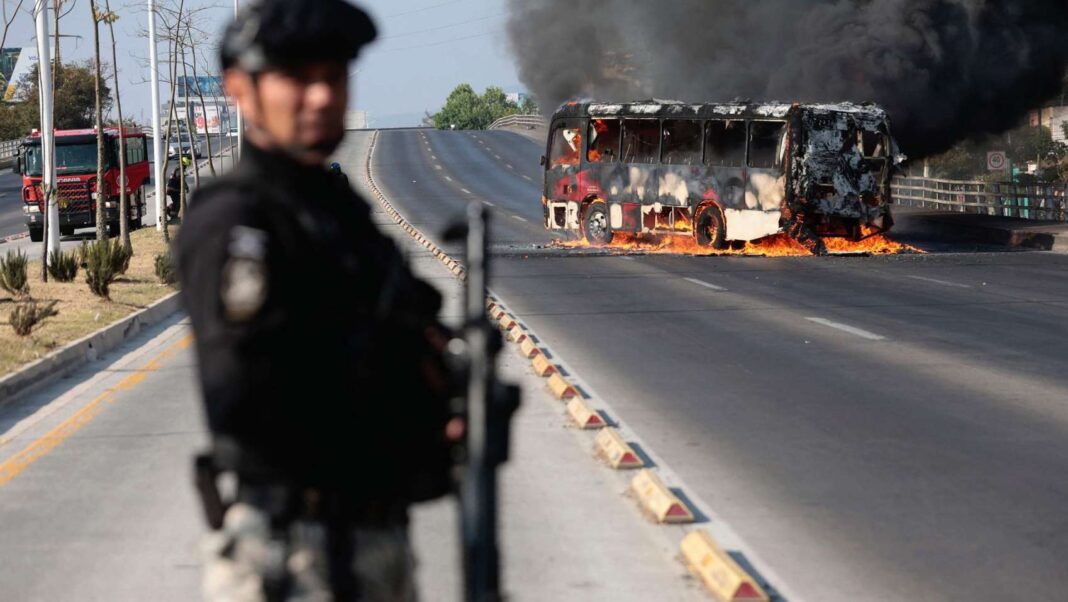Buscador
How much wealth concentration can democracy withstand?
Extreme wealth concentration not only deepens inequality, but also threatens the very survival of democracy by turning political power into a privilege of economic elites.
When power fragments: Violence, the state, and the limits of strategy
The violence that followed the recent events in Jalisco speaks not only of a criminal organization, but of the state's capacity—and its limits—to manage power vacuums.
Social media and minors: The consensus for regulation has reached Latin America
The debate over social media and childhood is no longer theoretical: in Latin America, a political consensus to regulate platforms is beginning to take shape.










